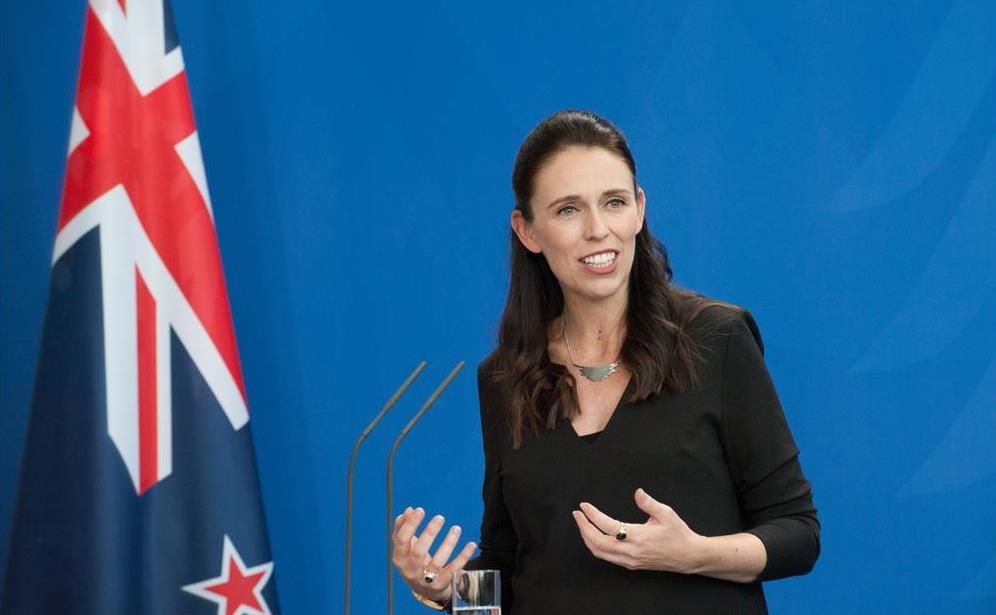The New Zealand government has launched a $175 million (AUD $$163,483,753) fund to support the arts and cultural sector recover from the damage wright by COVID-19.
The package consists of four new funds and a jobseekers’ program; a crucial economic boost for the creative industries, which contribute nearly NZD $11 billion a year to the country’s economy, employs 90,000 people and supports community wellbeing.
‘The arts and music sectors have been decimated by COVID-19. Modelling based on Treasury forecasts suggests that without government intervention, the cultural sector will be hit roughly twice as hard as the rest of the economy, and 11,000 jobs could be lost within a 12-month period,’ said Prime Minister Jacinda Ardern.
‘This suite of initiatives will help protect cultural sector jobs and create new employment opportunities, build skills, knowledge and resilience, protect Māori knowledge and artforms, and continue to provide inspiration for all New Zealanders.
‘A healthy cultural sector has many positive flow-on effects for other important parts of our economy, such as technical production, hospitality, venues and domestic tourism,’ she added.
In comparison, the Australian Federal Government’s only arts-specific support package is valued at $27 million, compared to state support including $56.34 million in NSW and over $49 million in Victoria.
Read: Federal Government announces $27M in targeted relief funding for arts
NZ’s Associate Minister for Arts Culture and Heritage, Grant Robertson, reflected on the importance of the arts in helping communities recover from crisis.
‘As we saw after the Canterbury earthquakes, creativity and culture creates jobs, drives economic recovery and enhances social wellbeing,’ he said.
The new funding package includes:
- NZD $7.9 million for Careers Support for Creative Jobseekers – a program that will be progressively rolled out to support artists and creatives back into sustainable work and builds on the most successful aspects of the former Pathways to Arts and Cultural Employment (PACE) programme. This is envisaged as helping up to 2000 people over four years.
- NZD $70 million over three years for aCreative Arts Recovery and Employment Fund to support the rebuild of the creative industries by commissioning and supporting creative projects at a national and local level. The fund will be managed to create employment, mentoring and apprenticeship opportunities, ensure vital skills, talent and creative infrastructure is not lost, and maintain public access to the arts.
- NZD $60 million over three years for a Cultural Innovation Fund – a contestable fund to support new ways of operating, cross-sector partnerships, and create new ways to add value to the economy, particularly through digital exports. This will include supporting innovative approaches to Māori artforms and traditional knowledge.
- NZD $20 million for a Cultural Capability Fund to focus on immediate needs in response to COVID-19, such as legal services, online delivery and audience development.
- NZD $16.5 million for a New Zealand Music Recovery Fund specifically directed towards the contemporary popular music industry. This includes $7.1m to boost NZ on Air’s New Music programs; $5m for a Live Music Touring Fund to support NZ acts on the domestic circuit as alert levels permit; $3m immediate support for music venues to have safe environments for audiences, workers and artists, to be administered by the NZ Music Commission; and $1.4m to help musicians recoup lost income via Outward Sounds and NZ Music Month. The support for new contemporary music and live music is expected to sustain a combined 2900 jobs over two years, produce 455 new song releases and 150 live music tours throughout New Zealand.
The first wave of funding becomes available from July 2020.
Ardern said: ‘We know many of our creatives get income from multiple sources and it is an ongoing challenge to piece together the gigs and commissions to earn a livelihood.
‘These initiatives will provide hundreds of opportunities for creatives to earn income and rebuild their careers, and at a time when we have all been reminded of the importance of our creative industries,’ she concluded.
